The federal high court in Abuja has dismissed Cable Newspaper Journalism Foundation (CNJF)’s suit against Abubakar Malami, the attorney-general of the federation (AGF), saying the foundation did not produce certified true copies (CTCs) of its registration documents.
The foundation had in January 2018 sued the AGF over his failure to respond to a freedom of information (FoI) request on the engagement of lawyers for the recovery of $321 million Abacha Loot.
Suit No. FHC/ABJ/CS/27/2018 was filed by Kusamotu & Kusamotu law firm.
CNJF had asked the court to grant an order of mandamus compelling the AGF to make available the information and documents requested from its office pursuant to the FoI act, 2011.
Advertisement
CNJF had sought to know the reason behind the engagement of another set of lawyers to do a job that had already been completed by Erico Monfrini, a Swiss lawyer engaged by Nigeria since 2000.
The foundation also requested a copy of the 2014 agreement that led to the withdrawal of the prosecution of Mohammed Abacha.
The FoI act, enacted 2011, allows the right of any person to access or request information, whether or not contained in any written form, which is in the custody or possession of any public official, agency or institution.
Advertisement
But the court, with Inyang Ekwo as the presiding judge, on Tuesday said CNJF had provided a photocopy of its certificate of incorporation “in contravention of the rules of evidence which stipulate that such evidence ought to be a certified true copy and not a mere photocopy. Therefore, the court found that the photocopy tendered in evidence was inadmissible”.
The court also said the portion of the affidavit in support of CNJF’s application wherein it stated what its objectives are according to its constitution is not proved by simply stating it in the affidavit. He said, rather, that a certified true copy of the said constitution filed with the Corporate Affairs Commission (CAC) must be filed together with the affidavit and tendered as evidence.
Without looking into the merits of CNJF’s application, the court ruled that the foundation has not been able to prove that it is a duly incorporated organisation that is capable of bringing the action.
It is also noteworthy that the office of the AGF did not raise any of these issues in its defence.
Advertisement
CNJF lawyers had said the issue of admissibility or otherwise of the certificate of incorporation was not raised by the office of the AGF, so it was not an issue during the hearing.
The lawyers said the application was decided on affidavit evidence, and that “the law is that any document attached to an affidavit forms part of the affidavit, and does not need to be certified for it to be admissible.”
They added that there is no mandatory requirement that the certificate of incorporation should be attached in order to establish legal right to bring the action, as the FoI act grants an unqualified right to any person, artificial or natural, to make applications under it.
CNJF said it will appeal the judgement.
Advertisement
“Justice will be served in the end no matter the artificial barriers,” Simon Kolawole, the executive director of the Cable Foundation, said.
“We are only trying to help President Muhammed Buhari in his anti-corruption war. We are determined to see this to a logical end.”
Advertisement
1 comments

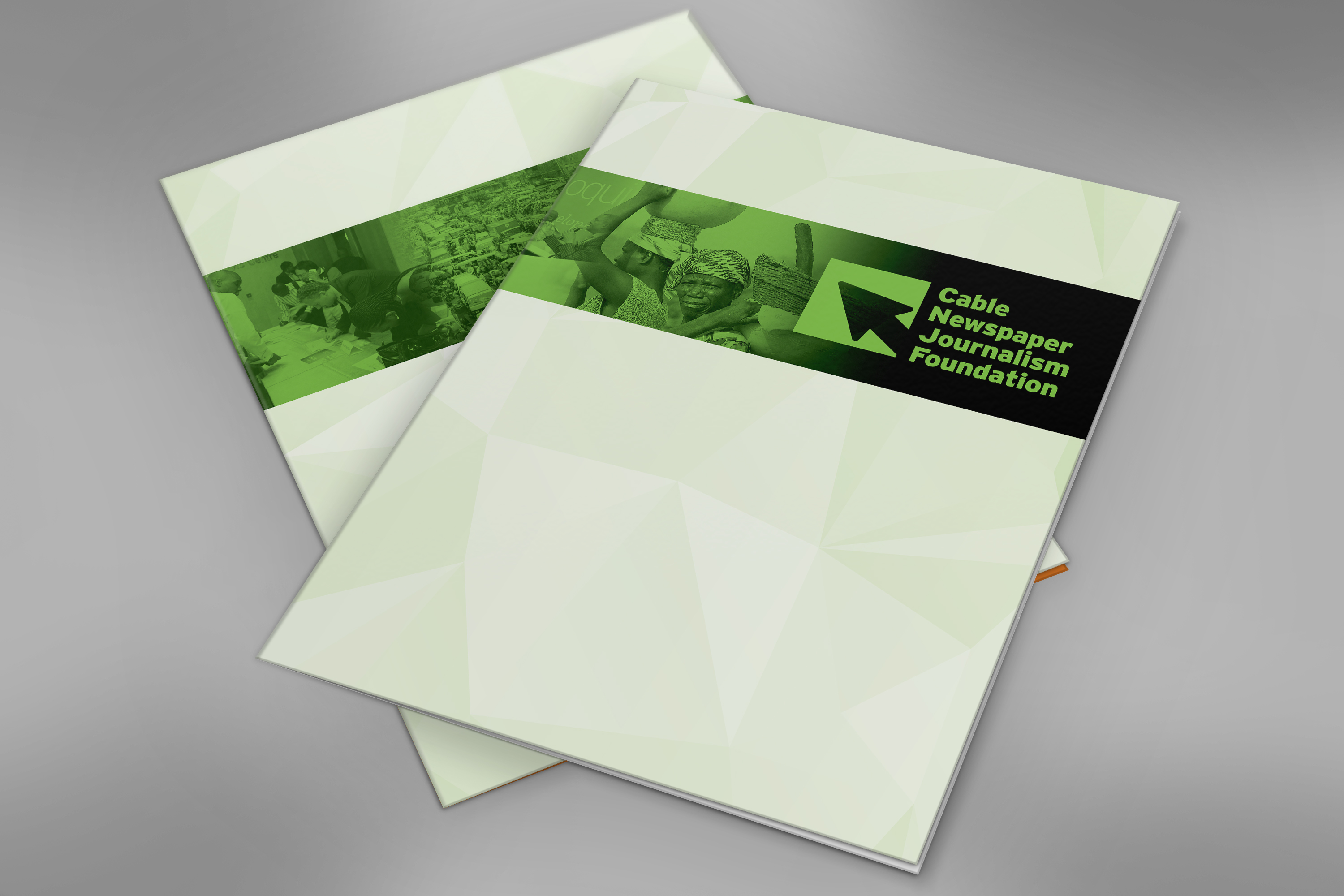
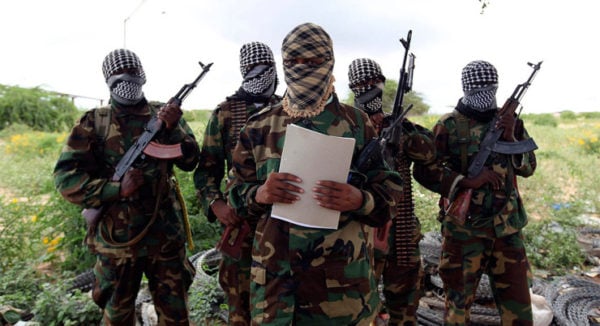
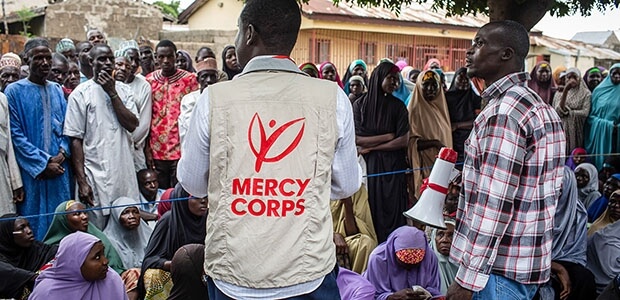
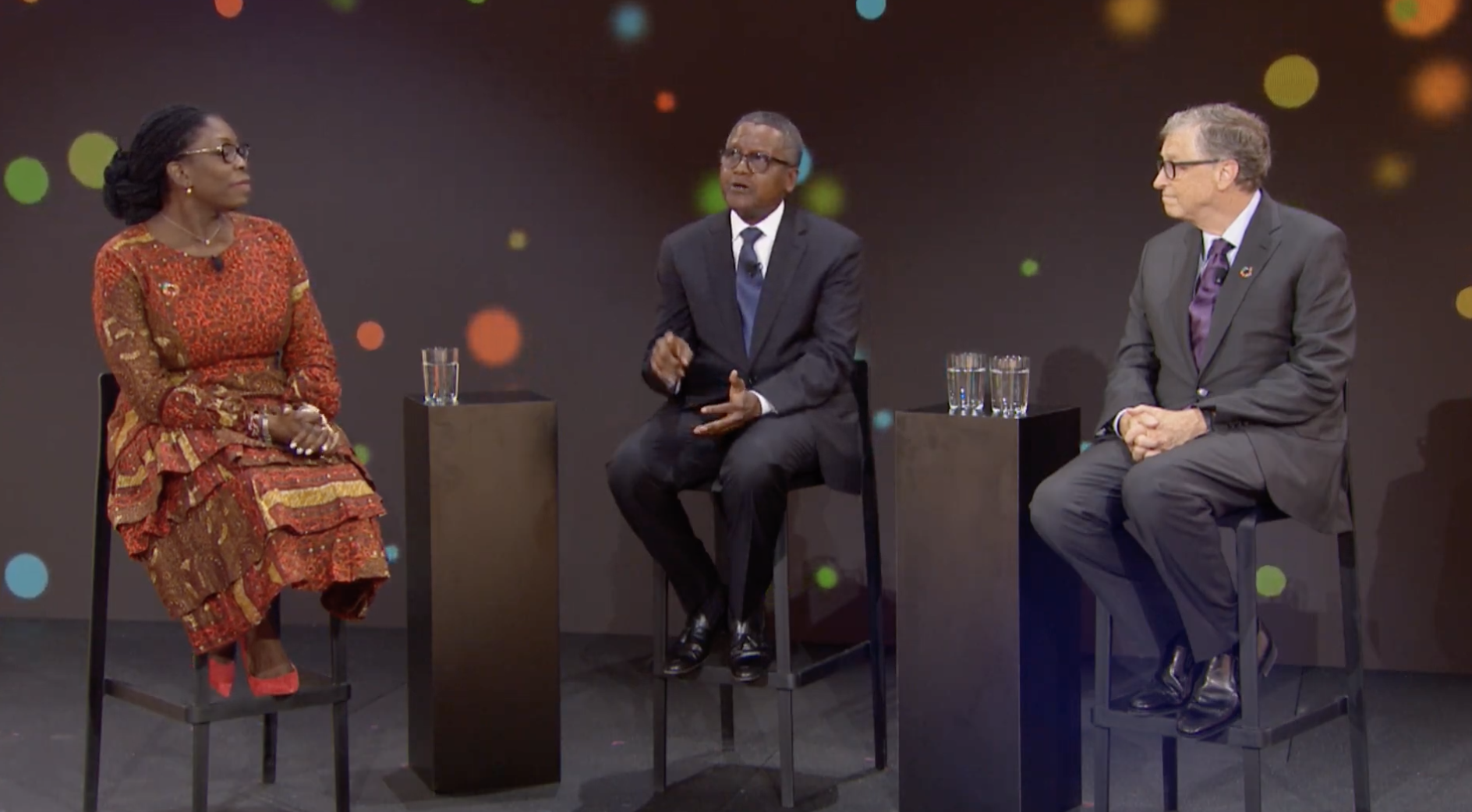
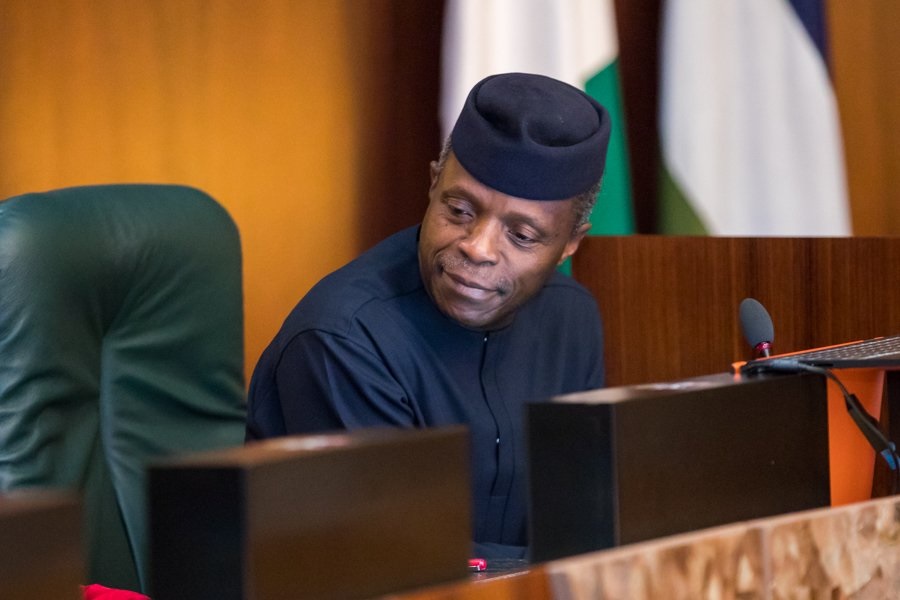
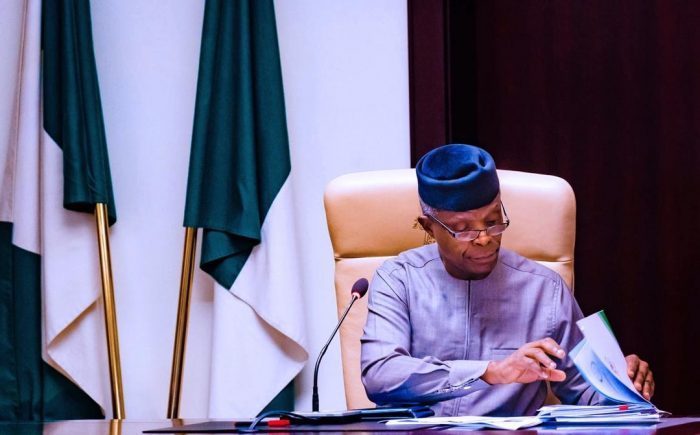
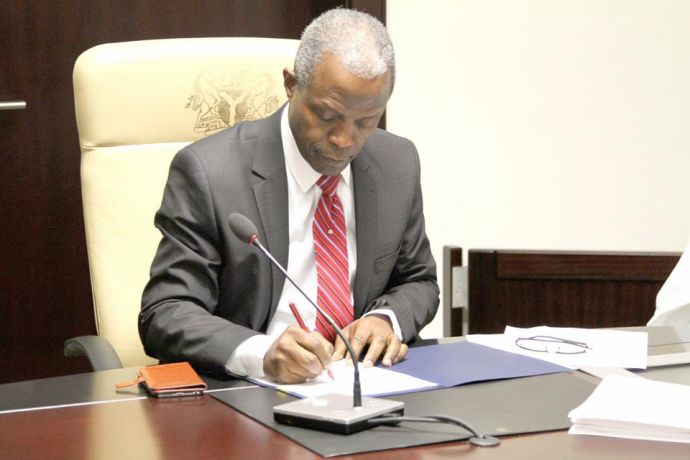
Thanks for your sacrifice on behalf of the Nigerian masses. No government succeeds in the long run wasting their energies in attempt to horde info. I hope Buhari knows that no secrete stays hidden for long. It blows open after a while.